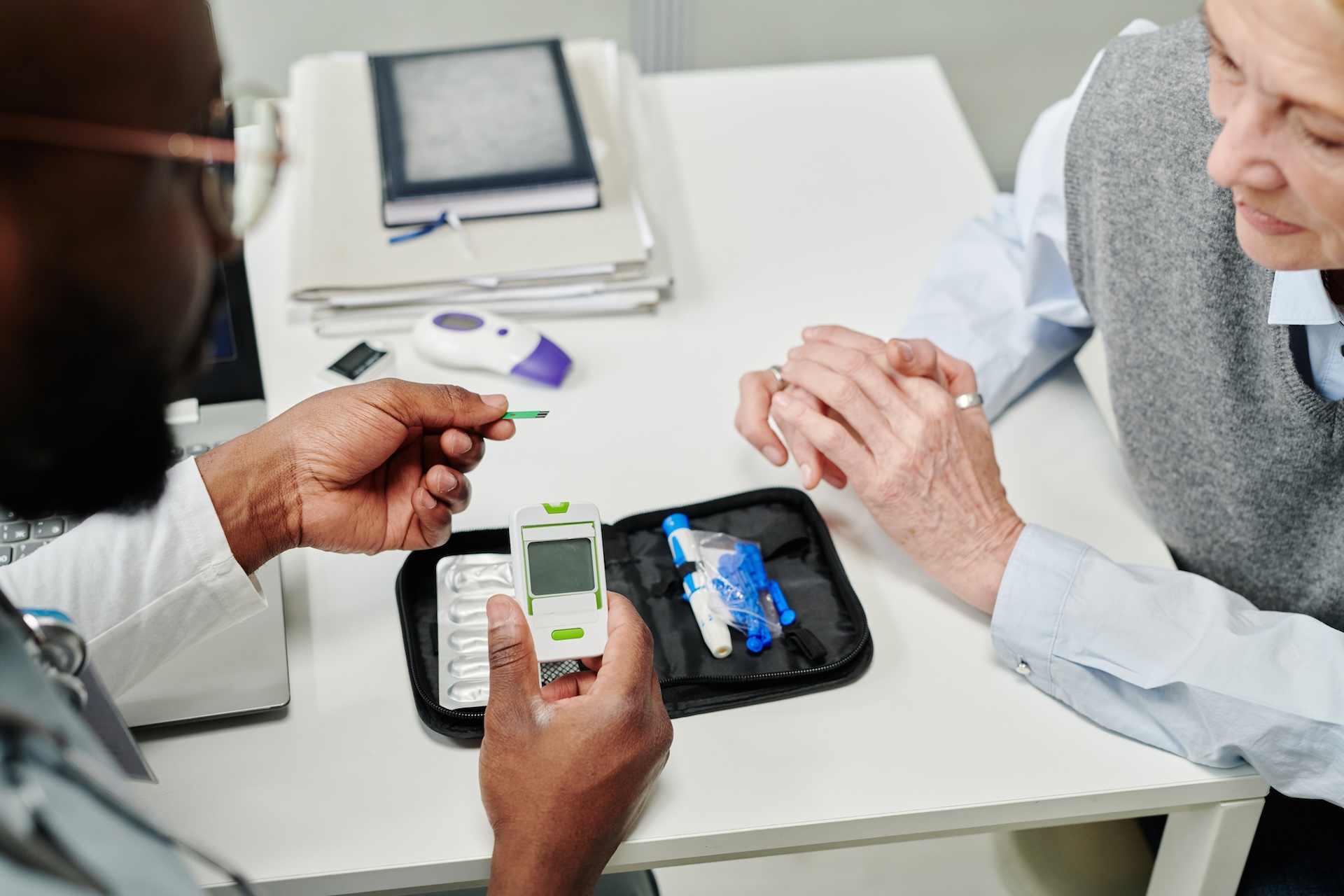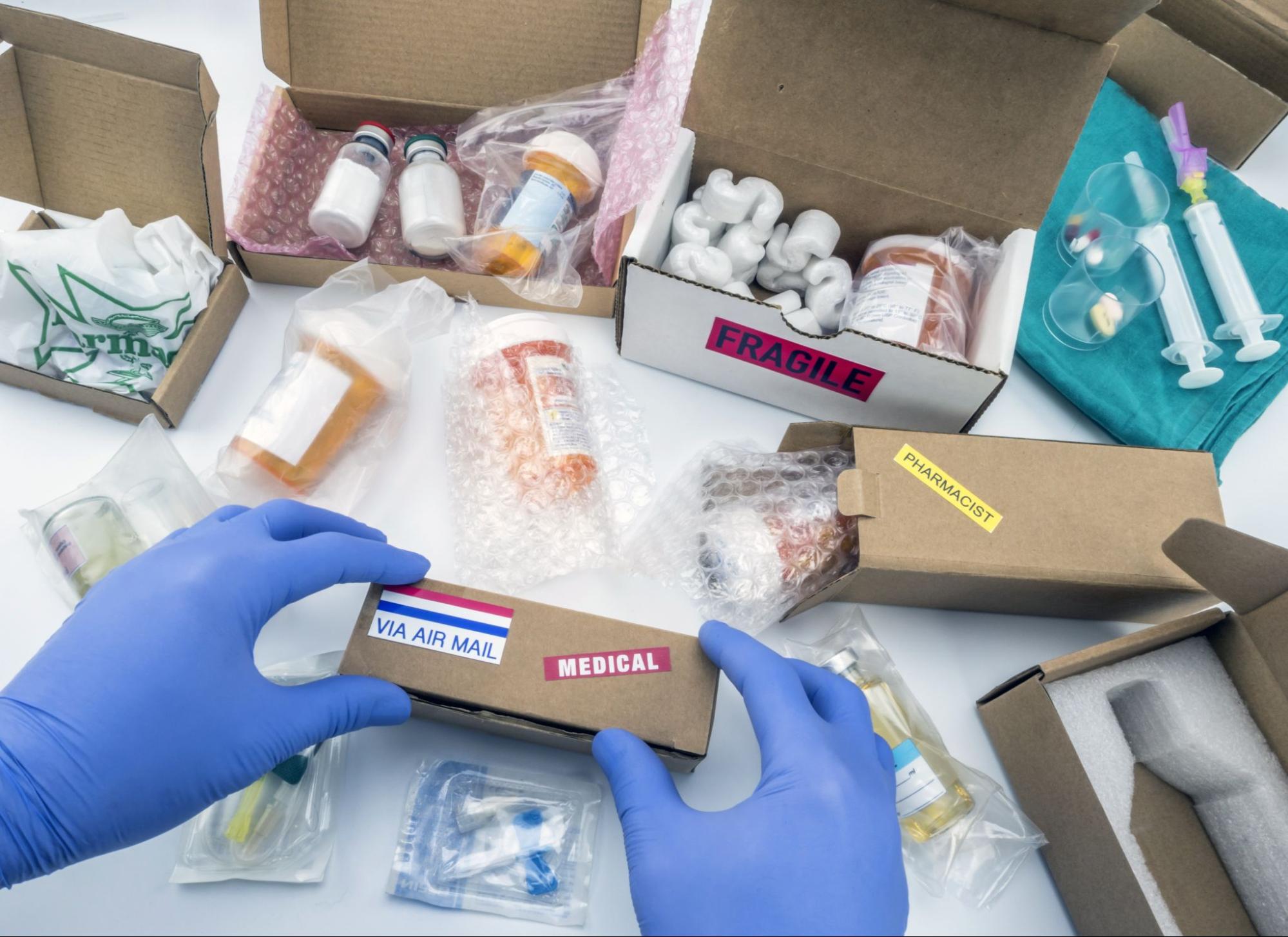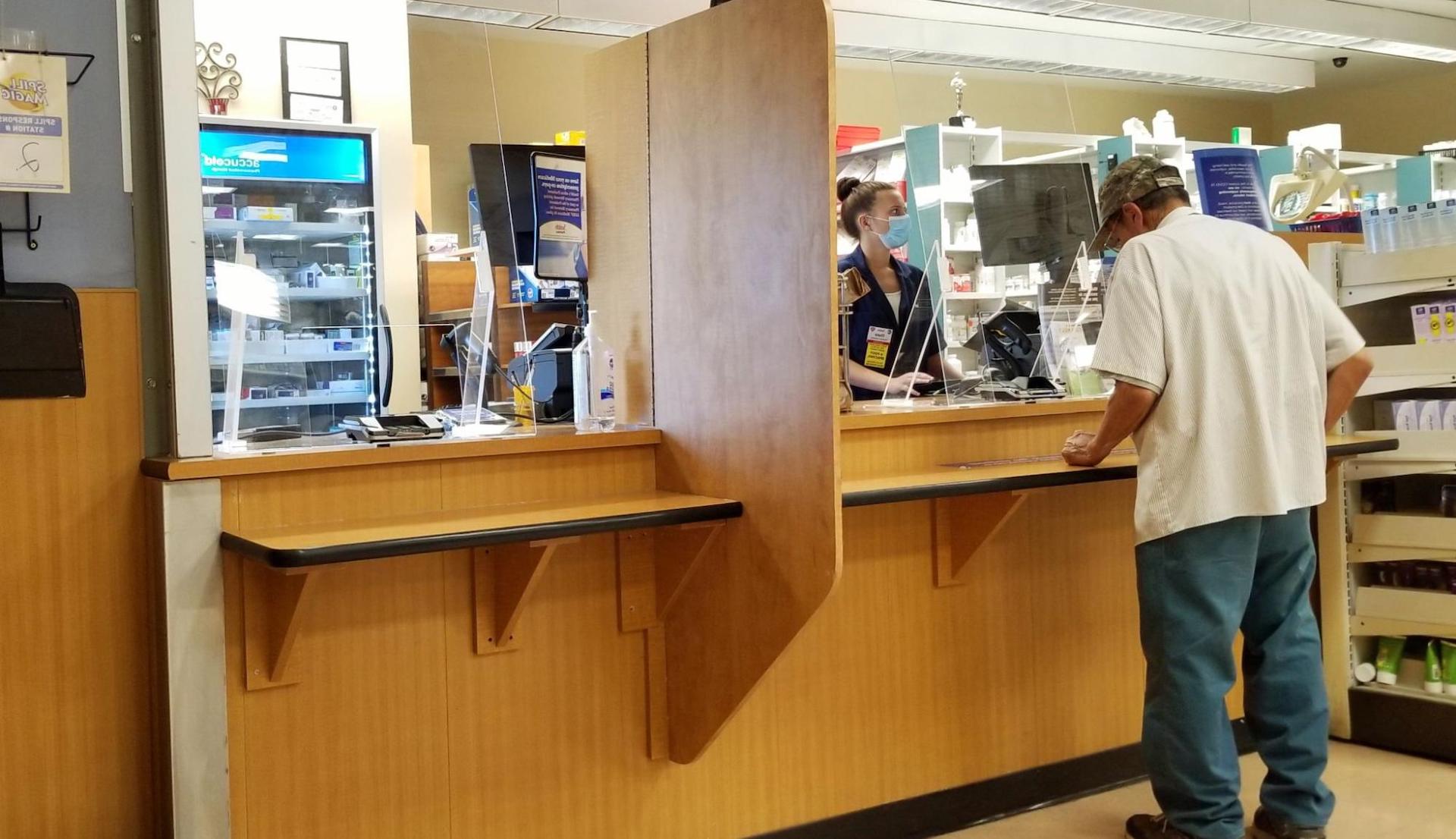The Role of Pharmacists in Diabetes Management: How They Help Improve Health Outcomes
Pharmacists do more than give medicine. They give personalized advice, help with lifestyle changes, and keep track of people with diabetes. The management of diabetes has significantly evolved over the years, and at the heart of this evolution are pharmacists. As the healthcare landscape continues to change, the role of pharmacists in diabetes care has expanded beyond traditional boundaries. Diabetes is a chronic condition that affects millions of people worldwide. It demands a comprehensive and personalized approach to management, which often involves
Florida Pharmacy Foundation Scholarships: Funding the Future of Pharmacy Experts
Florida Pharmacy Foundation is committed to supporting the future of pharmacy professionals by providing various scholarships. These financial aids help overcome educational cost barriers, recognize students' hard work, and encourage excellence. Scholarships like the James A. Mincy Independent Pharmacy Scholarship, James B. and Patsey J. Powers Scholarship, and Volusia-Flagler County Pharmacy Association Scholarship not only provide financial aid but also acknowledge achievement and dedication. These scholarships significantly shape career trajectories, promoting personal and professional growth.
Why We Love Pharmacists: Recognizing Their Vital Role in Healthcare
Explore the unsung heroes of healthcare - pharmacists. More than just medication providers, they guide, counsel, and stand up for patients. This insightful blog post unravels their diverse duties, from vaccine administration to chronic disease oversight, underpinned by a steadfast dedication to patient welfare. Learn how pharmacists are indispensable pillars in the realm of public health and the wider healthcare infrastructure.
Best Practices for Building Resilience in Pharmacy Staff
Pharmacy practice has significantly evolved over the years. As healthcare becomes more complex and patient needs more diverse, pharmacists are continually required to adapt and expand their roles. This adaptability is put to the test during times of crisis, such as we saw during the global pandemic. During such periods, pharmacists are required to continue providing essential services, often taking on new and more demanding responsibilities. The ability to adapt rapidly and effectively to changing circumstances is the cornerstone of effective
American Pharmacists Month: How Can You Participate?
Are you ready to celebrate American Pharmacists Month? This October, it's time to show appreciation for the dedicated professionals, leaders, and pharmacy students who are vital to our healthcare system. American Pharmacists Month is an opportunity to recognize the hard work, expertise, and commitment of pharmacists (and future pharmacists) across the country. But how can you participate and make a difference? What is American Pharmacists Month? American Pharmacists Month is an annual event held in October to honor and celebrate the contributions of
Overcoming Stigma in Pain Management and Pharmacy Practice
Pain is a universal human experience and one of the most common reasons patients seek healthcare. However, providing effective pain care can be challenging due to various barriers that impact the delivery and quality of treatment, including stigma attached to the use of medications to manage chronic pain. In observance of Pain Awareness Month, we take a look at barriers to effective pain management with a focus on stigma. By understanding the factors that contribute to stigma and developing strategies to
Pharmacists’ Integral Role in Comprehensive Pain Management
Chronic pain affects millions of people worldwide, significantly impacting their quality of life and overall well-being. As many individuals with chronic pain primarily rely on medications for relief, pharmacists play a crucial role in their care. In observance of Pain Awareness Month, we highlight the integral role that pharmacists play in effective pain management. Various aspects of the pharmacist's role include medication management, pain education, self-management, interprofessional collaboration, and addressing stigma. Understanding Chronic Pain Chronic pain is a complex condition that involves physical,
AI in Pharmacy: “Appropriate” Use (Part 2 of 2)
This is part 2 of 2 Part I of this conversation gave an overview of AI’s benefits and risks in pharmacy, including the recent warnings and reports issued by the World Health Organization (WHO). This part continues the conversation by exploring how AI is currently being used, and where the future of AI in pharmacy might lead. Current Applications of AI in Pharmacy AI is already being used in various areas of pharmacy, showcasing its potential to transform healthcare practices. Medication management and
Artificial Intelligence in Pharmacy: “Appropriate” Use of AI (Part 1 of 2)
Artificial intelligence (AI) has made its way into almost every industry, including healthcare. One area where AI holds immense potential is pharmacy. With its ability to analyze vast amounts of data and make accurate predictions (when based on accurate input), AI can revolutionize the way medications are prescribed, dispensed, and monitored. The key question that arises is, what is the "appropriate" use of AI in pharmacy? While the benefits are wide-ranging and inspire hope, it is important to strike a balance between
The Evolving Role of Pharmacy Education in Public Health: Empowering Pharmacists for a Healthier Future
In today's rapidly changing healthcare landscape, the role of pharmacists has become increasingly vital in strengthening public health. As the healthcare industry faces numerous challenges, pharmacy education plays a crucial role in preparing future pharmacists to effectively address these issues. By equipping students with a comprehensive understanding of medications, patient care, and public health practices, pharmacy education programs are empowering pharmacists to become key players in improving public health outcomes. Florida Pharmacy Foundation hopes to highlight the importance of strengthening public










